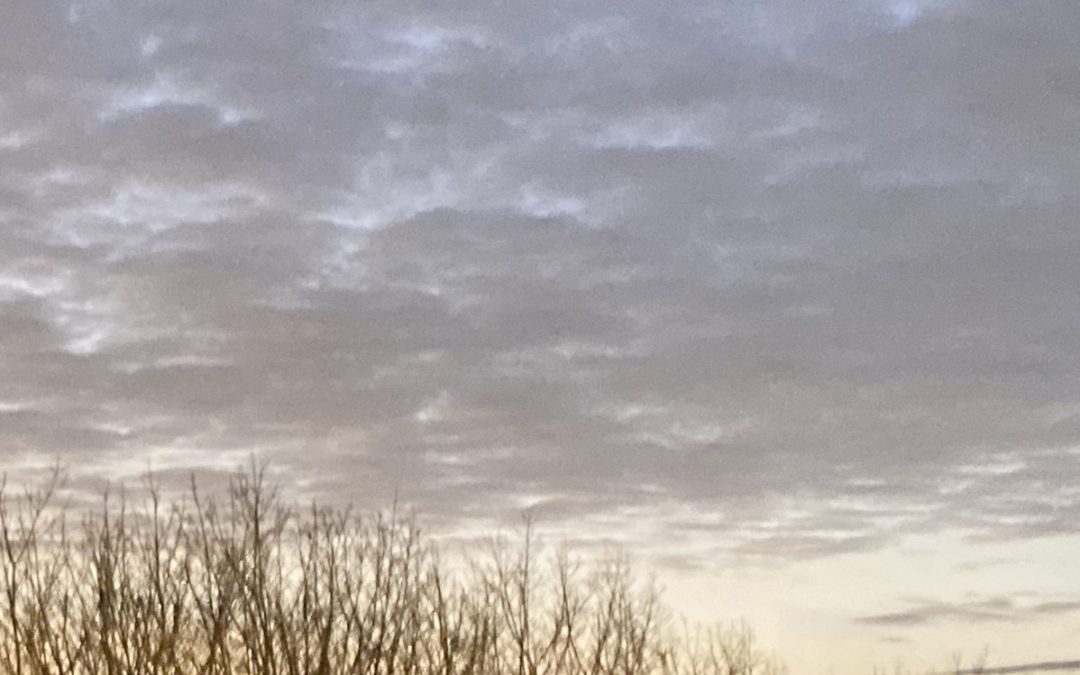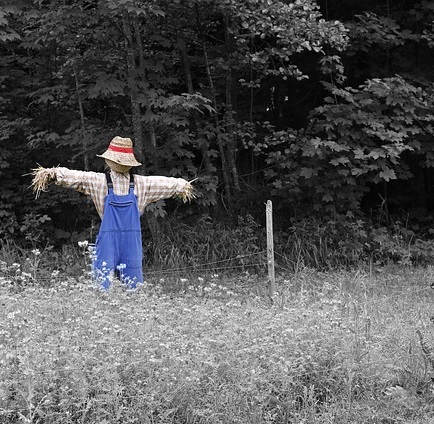
by Richard Subber | May 16, 2024 | American history, Book reviews, Books, History, Politics, Power and inequality
“credit” is P.C. for “lending money”
Book review:
American Bonds:
How Credit Markets Shaped a Nation
by Sarah L. Quinn
Princeton, NJ: Princeton University Press, 2019
288 pages
Quinn writes plain academic prose, and she has a lot to say.
“Credit” is a very polite way of saying “lending money,” which is a very polite way of describing what is elsewhere called “usury.”
It’s no surprise that lending money has been part of the social, economic, and political landscapes since money was invented, and certainly credit markets have always existed in America since colonial times.
American Bonds is a deeply engrossing text (it’s not a casual read) about how folks with money and businesses and the government have used credit availability for personal, corporate, and policy advantages. Credit has always been part of the American story.
You might try reading it a chapter at a time.
* * * * * *
Book review. Copyright © Richard Carl Subber 2024 All rights reserved.
Home Team: Poems About Baseball (book review)
Edwin Romond hits another homer…
Writing Rainbows: Poems for Grown-Ups with 59 free verse and haiku poems,
and the rest of my poetry books are for sale on Amazon (paperback and Kindle)
and free in Kindle Unlimited, search Amazon for “Richard Carl Subber”
* * * * * *

by Richard Subber | May 14, 2024 | My poetry, Poetry
the curtains of dawn…
Vigil
Impatient skies
that rend the clouds,
the slowly tumbled clouds,
in their shades of gray,
the skies peek through
these languid clouds…
October 23, 2023
* * * * * *
My poetry. Copyright © Richard Carl Subber 2024 All rights reserved.
Dirty Dancing (1987) (movie review)
Oh baby, baby, baby…
–
My first name was rain: A dreamery of poems with 53 free verse and haiku poems,
and the rest of my poetry books are for sale on Amazon (paperback and Kindle)
and free in Kindle Unlimited, search Amazon for “Richard Carl Subber”
Your comments are welcome—tell me what you’re thinking.
* * * * * *

by Richard Subber | May 12, 2024 | Book reviews, Books, History, Human Nature, Power and inequality, World history
energy is the bottom line…
Book review:
Foragers, Farmers, and Fossil Fuels:
How Human Values Evolve
by Ian Morris
Princeton, NJ: Princeton University Press, 2015
Contributors:
Richard Seaford
Jonathan D. Spence
Christine M. Korsgaard
Margaret Atwood
369 pages
Ian Morris says right up front that not everyone thinks he’s got it exactly right, but his story is an eye opener: how are human values and moral norms related to how human beings use energy?
Human beings need energy to survive, and obviously we need sources of energy.
The first human-like hunter-gatherers used energy that they could kill or pick up, and the first farmers planted their energy sources and domesticated a few animals, and now we depend (fatally?) on fossil fuel energy to live our lives.
Morris explains (attributes causes for) the different ways of “capturing” energy that are connected to how we feel about ourselves and how we deal with others.
If you’re satisfied with what you know about your code of values and the “do unto others…” stuff, then read Foragers, Farmers, and Fossil Fuels and learn some new stuff.
* * * * * *
Book review. Copyright © Richard Carl Subber 2024 All rights reserved.
Book review: The Map of Knowledge
a slo-mo version of Fahrenheit 451
by Violet Moller
Seeing far: Selected poems with 47 free verse and haiku poems,
and the rest of my poetry books are for sale on Amazon (paperback and Kindle)
and free in Kindle Unlimited, search Amazon for “Richard Carl Subber”
* * * * * *

by Richard Subber | May 7, 2024 | My poetry, Poetry, Reflections
the ugly bears…
Looky here
I didn’t mean to look at me.
I guess I wasn’t really having that much fun
in the Fun House.
What was I thinking when I ate cotton candy
as a kid and thought it was great?
The stuffed animals aren’t really cute…
where do they buy the ugly bears?
I was alone, I guess that says a lot…
who walks around alone in the Fun House?
Anyway, I passed the goofy, wavy mirror
and I guess I couldn’t help it,
I looked at it quick, I didn’t really stop,
I saw me, shattered, in layers, quivery,
even if I’d had a smile on my face
I’m not sure smiles show up in those things.
I kept walking, and I was thinking
about what I really look like,
and I guess I realized a mirror
probably never tells the whole story,
because the other you might have
a different point of view.
May 28, 2018
* * * * * *
My poetry. Copyright © Richard Carl Subber 2024 All rights reserved.
Book review: The Myths of Tet
How people get killed by lies…
by Edwin E. Moïse
–
Seeing far: Selected poems with 47 free verse and haiku poems,
and the rest of my poetry books are for sale on Amazon (paperback and Kindle)
and free in Kindle Unlimited, search Amazon for “Richard Carl Subber”
Your comments are welcome—tell me what you’re thinking.
* * * * * *

by Richard Subber | May 4, 2024 | Book reviews, Books, Poetry, Reflections, Reviews of other poets
a bloomin’ wasteland, maybe…
Thomas Stearns Eliot (1888-1965)
American-British writer, popularly acclaimed as a great poet of the 20th century
At long last, I’ve tried T. S. Eliot’s poetry.
Maybe I’ll put Collected Poems of T. S. Eliot back on the shelf, and try again after a while.
Maybe not.
“…We are the hollow men
We are the stuffed men…”
From “The Hollow Men,” 1925, by T. S. Eliot
It’s not that I mind Eliot’s deliberate contradictions so much. I’m willing to be provoked. I’m open to being tantalized. I’m ready to be pushed or pulled outside my comfort zone.
The sticky point for me, with Eliot’s poetry, is that I never seem to get to the point, or maybe I simply don’t get the point. When I get to the end of one of his longish poems, I’m really not sure where I started, or where I wandered, or where I arrived.
I find little coherence in Eliot’s words and phrases and passages.
I think of myself as a wordsmith, and I love the beauty of elegant phrases and shimmering, specific, steely, selective, stately, splendid words that tell a delicious story or evoke a bloom of emotion.
For my taste, T. S. Eliot’s poetry isn’t tasty, and it’s a bloomin’ wasteland of jumbled words, fractured images, and unfinished imaginations.
If you’re wondering where all the flowers have gone, don’t look for answers in Eliot’s work.
Source: T. S. Eliot, Collected Poems of T. S. Eliot (New York: Harcourt, Brace & Company, 1958), 101.
* * * * * *
Book review. Copyright © Richard Carl Subber 2024 All rights reserved.
Fire in the Lake (book review)
you should have read it in 1972…
by Frances FitzGerald
Above all: Poems of dawn and more with 73 free verse poems,
and the rest of my poetry books are for sale on Amazon (paperback and Kindle)
and free in Kindle Unlimited, search Amazon for “Richard Carl Subber”
* * * * * *




